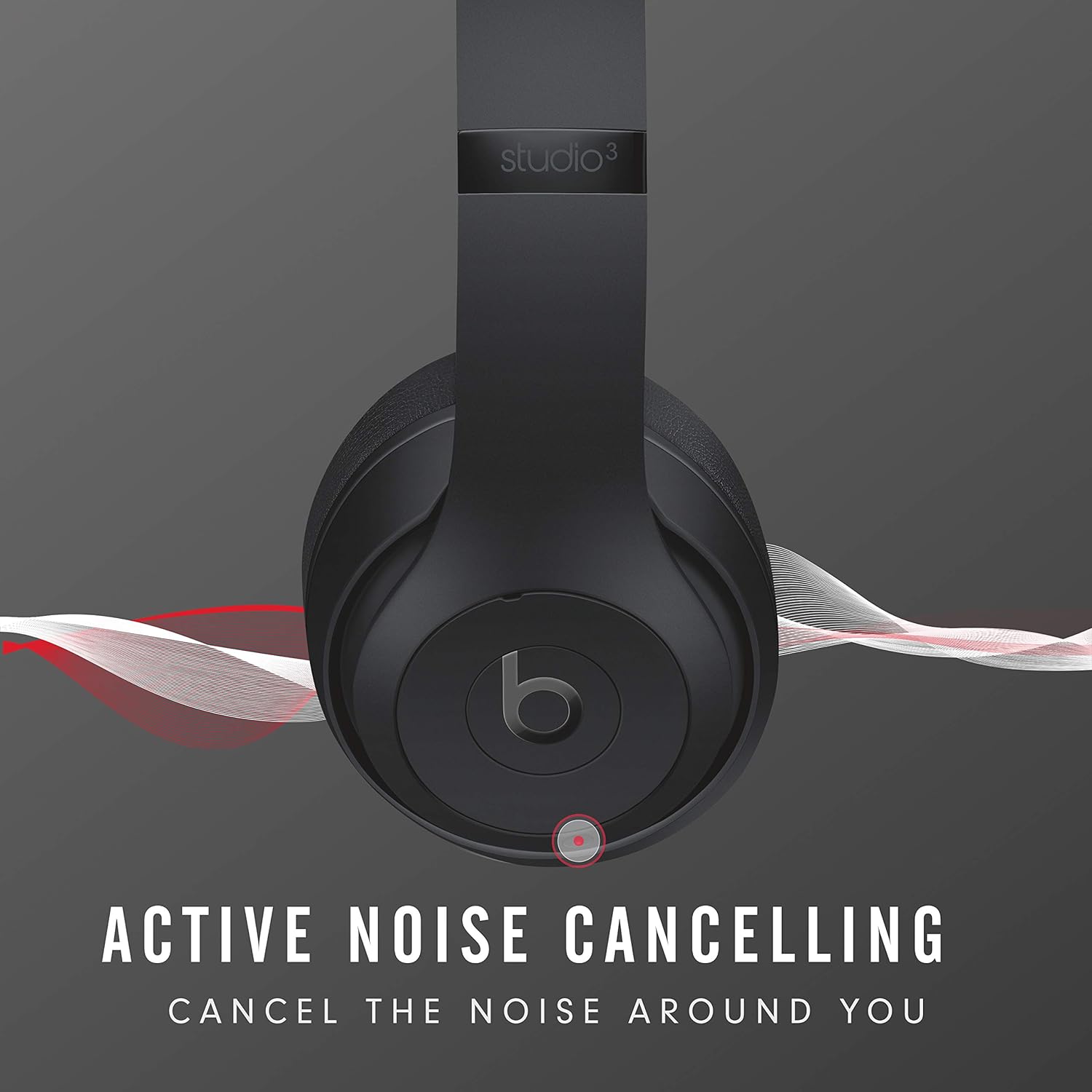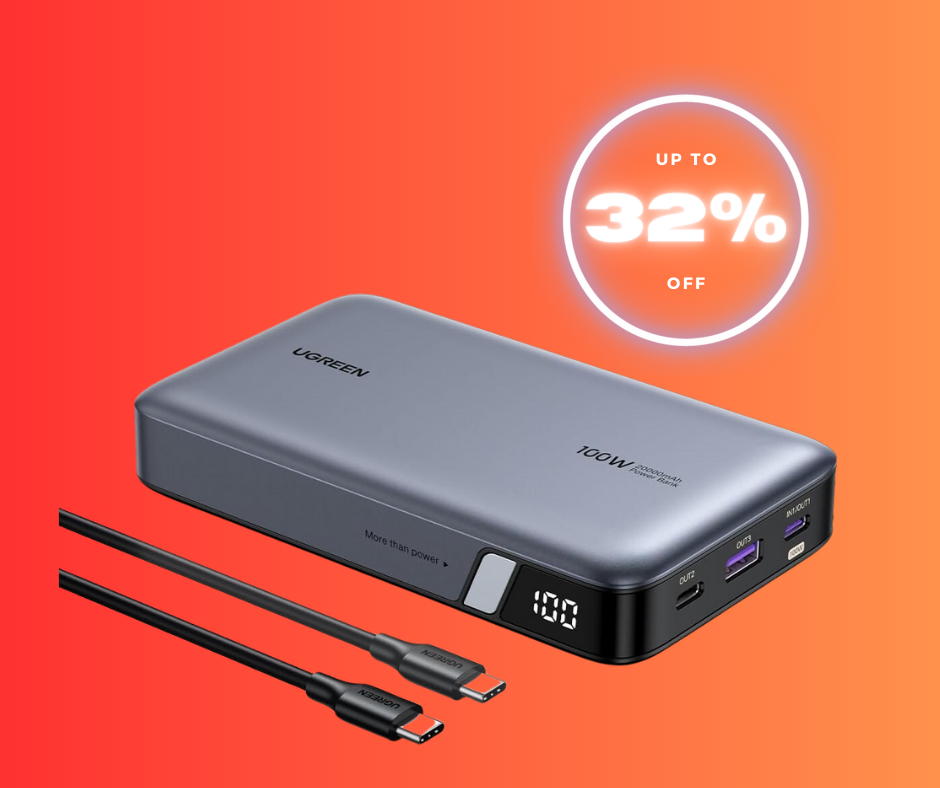Recently, consumers were pleasantly surprised by a discreet price reduction on the Beats Studio3 Wireless Noise Cancelling Over-Ear Headphones on Amazon. Previously listed at $350, these headphones, boasting features such as the Apple W1 Headphone Chip, Class 1 Bluetooth, and up to 22 hours of listening time, suddenly appeared with a significantly reduced price tag of $169. This unexpected price drop sparked excitement among prospective buyers and tech enthusiasts alike, prompting speculation about the reasons behind such a substantial discount.
One plausible explanation for this hidden price cut could be Amazon’s strategic maneuvering to drive sales and attract more customers. By offering a steep discount on a popular and high-quality product like the Beats Studio3 headphones, Amazon may aim to boost its market share and outshine competitors in the fiercely competitive realm of online retail. Such price adjustments are not uncommon in the e-commerce landscape, where dynamic pricing strategies play a pivotal role in capturing consumer interest and increasing sales volume.
Another factor contributing to this price reduction might be the product lifecycle stage of the Beats Studio3 headphones. As newer models or versions are introduced to the market, retailers often adjust prices for older models to clear out inventory and make room for updated offerings. In this context, the price cut on the Beats Studio3 headphones could signify a move by Amazon to liquidate remaining stock or create space for upcoming releases within the Beats product lineup.
Furthermore, fluctuations in supply and demand dynamics could have influenced Amazon’s decision to lower the price of the Beats Studio3 headphones. Factors such as changes in consumer preferences, seasonal variations, or shifts in market conditions can impact the pricing strategy adopted by retailers. By reducing the price of these headphones, Amazon may be responding to shifts in demand patterns or seeking to stimulate sales during a particular time frame.
Additionally, partnerships and promotional agreements between Amazon and Beats Electronics, the manufacturer of the Studio3 headphones, might have facilitated the implementation of this price cut. Collaborative efforts between retailers and brands often result in exclusive deals, special promotions, or temporary price reductions aimed at driving product visibility and generating buzz among consumers. Therefore, the hidden price cut on the Beats Studio3 headphones could reflect a strategic collaboration between Amazon and Beats Electronics to enhance brand exposure and accelerate sales.
Moreover, consumer behavior and feedback could have played a role in Amazon’s decision to lower the price of the Beats Studio3 headphones. Analyzing customer reviews, browsing patterns, and purchase trends enables retailers to identify opportunities for price adjustments and product positioning. If Amazon observed a surge in interest or positive sentiment surrounding the Studio3 headphones, reducing the price could serve as a means to capitalize on consumer enthusiasm and convert it into tangible sales.
Lastly, competitive pressure from rival retailers or online platforms may have compelled Amazon to slash the price of the Beats Studio3 headphones. In the fast-paced landscape of e-commerce, companies constantly vie for consumer attention and market dominance by offering competitive pricing, exclusive deals, and superior customer experiences. By adjusting the price of these headphones, Amazon may be strategically responding to pricing strategies employed by competitors to maintain its competitive edge and retain customer loyalty.
In conclusion, the hidden price cut on the Beats Studio3 Wireless Noise Cancelling Over-Ear Headphones on Amazon at $169, down from $350, represents a multifaceted interplay of strategic, market-driven, and consumer-oriented factors. Whether driven by strategic partnerships, inventory management considerations, or competitive pressures, this price reduction underscores the dynamic nature of e-commerce and the strategies employed by retailers to navigate it successfully.
"Note: Readers like you help support The Apple Tech. We may receive a affiliate commission when you purchase products mentioned on our website."




